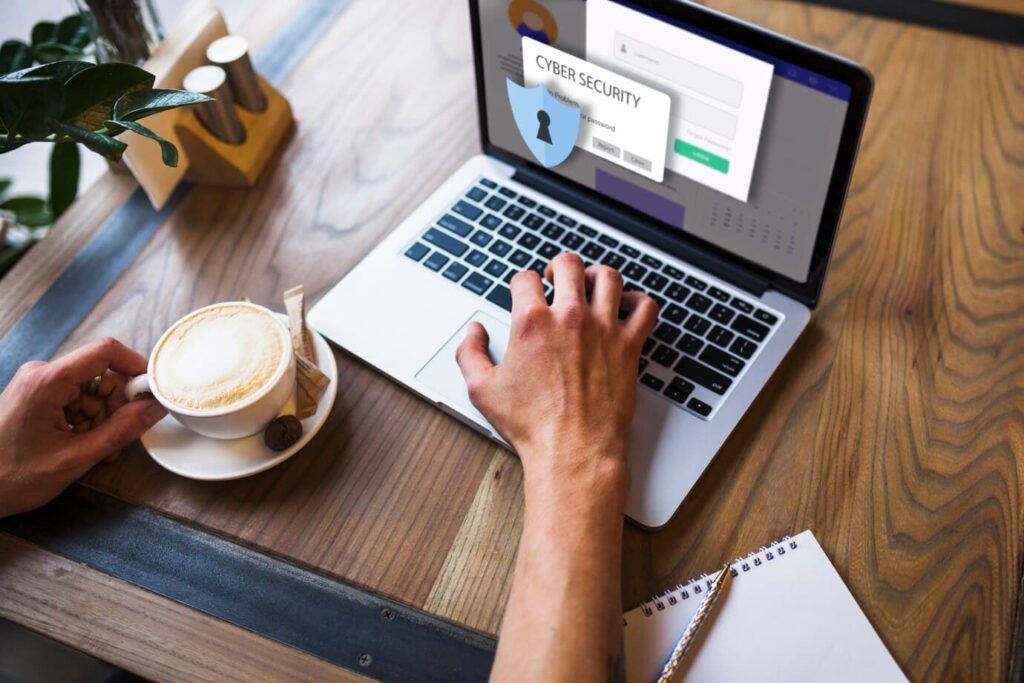For decades, the conversation around fundamental human rights has centered on essentials like food, shelter, freedom of speech, and security. But in the 21st century, a new, less tangible necessity has emerged as a cornerstone of modern life: internet access. The gap between those who have meaningful access to digital technology and those who do not—the digital divide—is no longer a mere inconvenience. It is an invisible wall that perpetuates inequality, silences voices, and actively prevents millions from participating fully in society. It has become one of the most pressing and defining human rights issues of our era.
To view the internet as a luxury is to fundamentally misunderstand its role. It is the primary conduit for education, the main marketplace for employment, the new public square for civic engagement, and a critical lifeline for healthcare. When a community is cut off from this digital ecosystem, it isn’t just missing out on memes and streaming services; it’s being systematically excluded from the basic mechanisms of progress and self-determination. The United Nations Human Rights Council was correct to condemn measures that intentionally disrupt internet access, framing it as a right that facilitates other rights, such as expression and assembly. Denying access is denying opportunity.
The Cascading Consequences of Digital Exclusion
The effects of the digital divide are not isolated; they create a domino effect that exacerbates existing social and economic disparities. For those on the wrong side of the divide, every aspect of life becomes more difficult, more expensive, and more limited. This exclusion manifests in several critical areas:
- Education and Skill Development: Today, homework is assigned online, research is conducted through digital libraries, and essential skills are taught via e-learning platforms. Children without reliable internet at home fall behind their peers, a disadvantage that compounds over years and severely limits their future academic and career prospects.
- Economic Opportunity: From freelance gigs on the global market to local job applications, the economy is now overwhelmingly digital. Lacking internet access means being invisible to recruiters, unable to build a professional network, and shut out from the “upskilling” resources needed to stay competitive. The chasm extends beyond necessities into the realm of social participation and mental well-being. The digital world provides an outlet for connection and recreation, which are vital components of a healthy life. For individuals on a tight budget, the internet can be a gateway to low-cost or no-cost recreation, offering a simple way to unwind from daily stressors. Having the freedom to casually explore interests, connect with others, or even play slots no deposit is a form of digital privilege that those without access are denied. This isn’t about promoting specific activities, but about recognizing that access to a full spectrum of digital experiences, from the vital to the recreational, is part of digital equity.
- Healthcare Access: Telemedicine has become a revolutionary tool, offering consultations and specialist access to people in remote or underserved areas. Without internet connectivity, this lifeline is severed. Citizens are also unable to access reliable health information, book appointments online, or manage their medical records, leading to poorer health outcomes.
- Civic and Political Engagement: Modern democracy happens online. It’s where movements are organized, information is disseminated, and constituents communicate with their representatives. Being offline means being voiceless in the political discourse that shapes one’s own community and nation.
Forging Digital Equity: A Path Forward

Closing the digital divide requires more than just building infrastructure; it demands a multi-faceted approach that treats internet access as an essential public utility, much like water or electricity. Governments must move beyond leaving connectivity to market forces, which inevitably cherry-pick profitable urban areas while neglecting rural and low-income communities. Public investment in broadband infrastructure, subsidies for low-income households, and the establishment of community Wi-Fi hubs are foundational policy steps.
Corporations, particularly internet service providers and tech giants, also bear a significant responsibility. This includes offering affordable “social tariffs,” investing in programs that enhance digital literacy, and designing products that are accessible to people with disabilities. The goal should be to lower every possible barrier to entry. Furthermore, software and content developers play a crucial role in ensuring the digital world is inclusive. This means creating applications that are lightweight, require less data, and can function effectively on older, less powerful devices. The principle of accessibility should be at the core of digital design, ensuring that content is available to the widest possible audience, regardless of their hardware or connection speed. This responsibility extends to all corners of the digital world, including entertainment, where innovation can lead the way. Progressive developers recognize this, often creating trial or demo versions of their products that are less demanding on hardware and data. Exploring platforms that feature Habanero demo games illustrates this trend, where providers offer experiences that serve as a low-barrier entry point, allowing users to engage without significant financial or technical commitment.
Ultimately, bridging the digital divide is an investment in human potential. It is about empowering individuals with the tools they need to learn, to earn, to participate, and to thrive. Until we treat internet access not as a commodity but as a fundamental human right, we will continue to leave millions of people stranded on the wrong side of a chasm that grows wider with each passing day. The fight for digital equity is the fight for a just and fair future for all.
